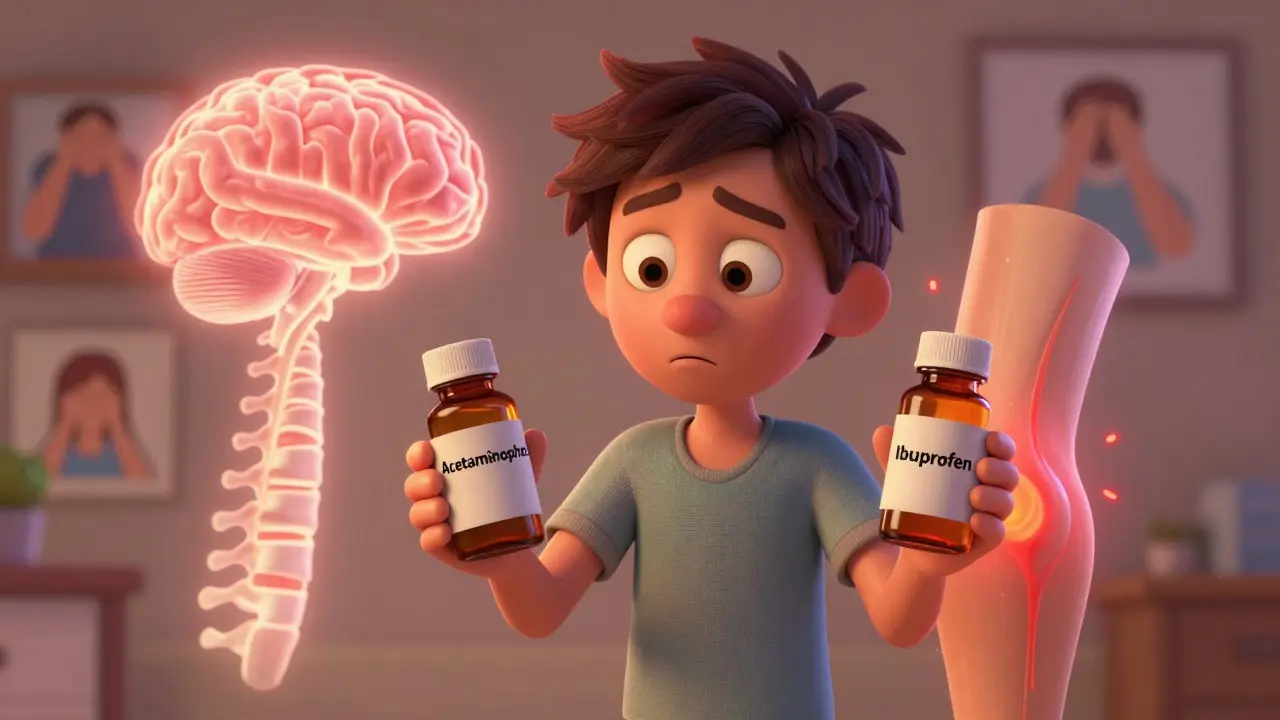Acetaminophen: What It Is, How It Works, and Why It Matters
Acetaminophen, often called Tylenol, is one of the most common medicines for pain and fever. It’s sold over the counter and is found in many combination products, from cold remedies to prescription pain patches. The drug works by blocking the brain’s signal that tells you you’re in pain or running a fever, but it doesn’t reduce inflammation like ibuprofen does. Because it’s easy to get and generally safe when you follow directions, millions of people reach for it every day.
How to Use Acetaminophen Correctly
First thing: always read the label. Adult tablets usually come in 325 mg or 500 mg strengths, and the typical dose is 1‑2 tablets every 4‑6 hours. Don’t exceed 3,000 mg in a 24‑hour period, and if you have liver trouble or drink alcohol regularly, keep the limit to 2,000 mg. For kids, the dose is based on weight, not age, so use the dosing chart on the bottle and a proper measuring device—no kitchen spoons. If you’re taking a combination product, add up the acetaminophen from all sources; you can easily double‑dose without realizing it.
When to Be Cautious and What to Watch For
Acetaminophen is safe for most people, but it can hurt your liver if you take too much. Early signs of overdose include nausea, loss of appetite, and abdominal pain—don’t ignore them. If you notice any rash, swelling, or breathing trouble, stop the medication and get medical help right away; those could be rare allergic reactions. People with chronic liver disease, heavy alcohol use, or who are on certain prescription meds (like some anti‑seizure drugs) should talk to a doctor before using it regularly.
Remember, acetaminophen doesn’t treat inflammation. If you have swollen joints or a sports injury, an NSAID like ibuprofen might work better, but that comes with its own stomach and heart risks. Mixing acetaminophen with alcohol is a big no‑no—both stress the liver and can cause serious damage even at normal doses.
Finally, keep acetaminophen out of children’s reach and store it in its original container. Accidental poisoning is a common emergency for kids, and a single extra dose can be dangerous. If you ever suspect an overdose, call emergency services or your local poison control center right away. Knowing the right dose, watching for hidden sources, and being aware of liver health will keep you on the safe side while you enjoy the pain‑relieving benefits of acetaminophen.

